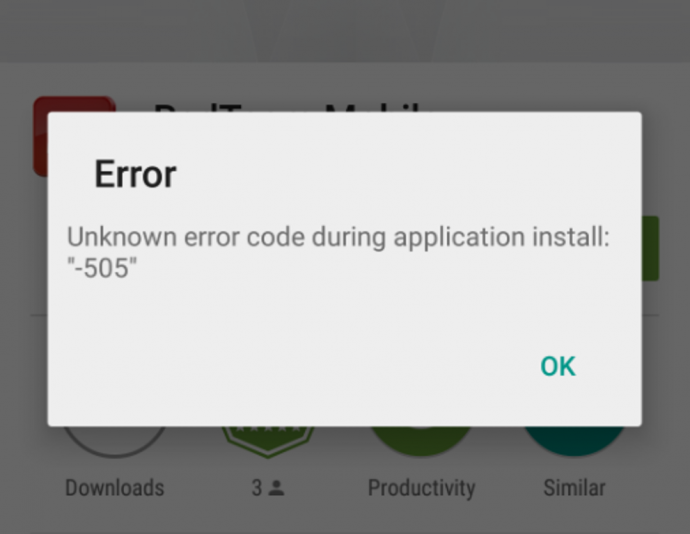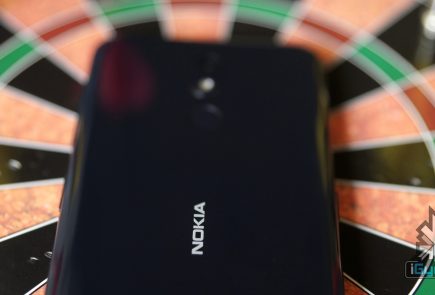Nexus 7 Experiencing Performance Issues Post Lollipop Upgrade

Well, Android 5.0 Lollipop got all of us excited when we got hold of it. The new operating system (OS) update is described as a ‘quantum leap forward’ by Google and has got an overwhelming response from the critics, escalating the desire for the software exponentially.
However, it’s just one side of the story. Many early adopters of the Android’s latest upgrade are complaining about the new OS. One of the most talked-about issues is that the update causes Google’s own Nexus 7 tablet to run slowly and crash repeatedly.
The users have also complained on Adobe forums that installing Air apps would show a non-descriptive error message, “-505”. On this, Adobe said that it had not been aware of this ‘critical’ bug before Tuesday and had escalated it to Google. According to a post by Program Manager Chris Campbell, the issue has been ‘escalated to Google,’ seemingly pointing the finger at the search giant rather than in its own camp. Campbell said that the company had not been aware of what he described it as a ‘critical’ bug before November 18.
Although, the first wave of the update has already reached the users, many Android-based smartphone makers are withholding the OS till the device testing is complete. It is quite notable that most of the complaints appear to be related to Google’s own-branded smartphones and tablets.
Nvidia, LG and Motorola have also released Android Lollipop update for some of their handsets and tablets. Dozens of complaints have been posted to Google’s forums stating that owners of the 2012 version of the Nexus 7, in particular, are experiencing performance issues. If nothing else, Google is likely working quickly to ensure these problems are fixed as more devices are expected to receive the update soon.
It has been a weird year for both the mobile operating system giants. Even the new iOS launch was mired in complaints regarding decreased performance and Apple had to face some flak for that. The pressure of bring new product in the earliest possible time to leads to bugs like these. Updates are fast becoming the buzzword for judging an operating system so it is advisable to the companies to take time with their homework so that they can give a quality update. As the old saying goes slow and steady gives the best bug-free update, or something like that.























